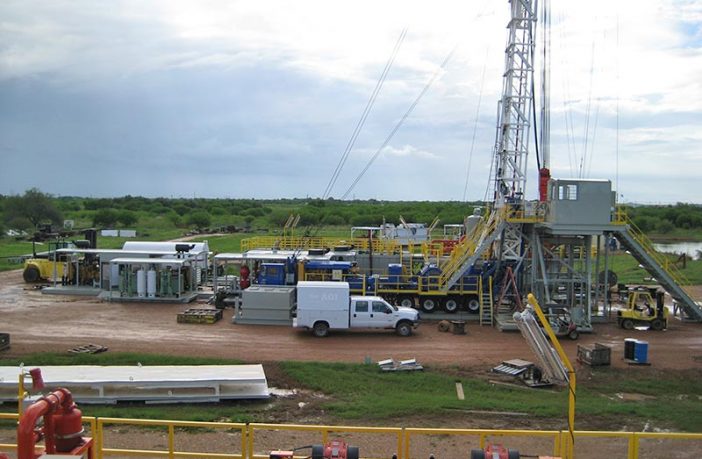- Canadian oil and gas firm, Reconnaissance Energy Africa Limited (Recon Africa), is planning to start hydraulic fracturing (fracking) in one of Africa’s most sensitive environmental areas along the Namibia-Botswana border.
- The move has environmentalists, civil society organisations and local communities up in arms about the long term effects of the activity on the Okavango Delta, one of Africa’s last natural sanctuaries.
In August this year, Recon Africa announced that it was planning to drill oil and gas wells in an environmentally sensitive and highly protected area in southern Africa that supplies the Okavango Delta – the largest inland delta in the world – with water.
The firm says it has acquired the rights to drill in more than 35,000 km2 of north-east Namibia and north-west Botswana. According to site maps, the proposed drilling location sits along the banks of the Kavango River, straddling the border between Namibia and Botswana, inside the newly proclaimed five-nation Kavango-Zambezi (KAZA) Transfrontier Conservation Area – the largest protected area in southern Africa.
Maps from both the Namibian and Botswana ministries of mines confirm that Recon Africa – which is listed on the Canadian TSX Venture Exchange – has been granted petroleum-prospecting licences in the area.
According to Recon Africa’s website, it is estimated that the oil generated in the basin could be billions of barrels—see the Dan Jarvie report. The Company’s initial goal is to establish the presence of an active petroleum system with its fully funded 3-well drilling program starting next month (December 2020). Meet their team of directors HERE
There are fears that fracking would lead to human and animal populations suffering from water scarcity, water pollution, habitat loss, environmental degradation and soil pollution.
Author: Bryan Groenendaal
















3 Comments
Canadian Companies are normally very sensitive to Environmental concerns and it’s possible that an EIA is in place to ensure environmental protection while the exploration goes on to avoid scenarios like in Nigeria where spills into ecosystem went to alarming levels
sadly NOT true, there were no EIA done in Namibia, and a coverup has been discovered involving government officials
Behind environmental degradation chances are corrupt officials and investors just like hippos hide under the water with their ears sticking out / very dangerous if disturbed